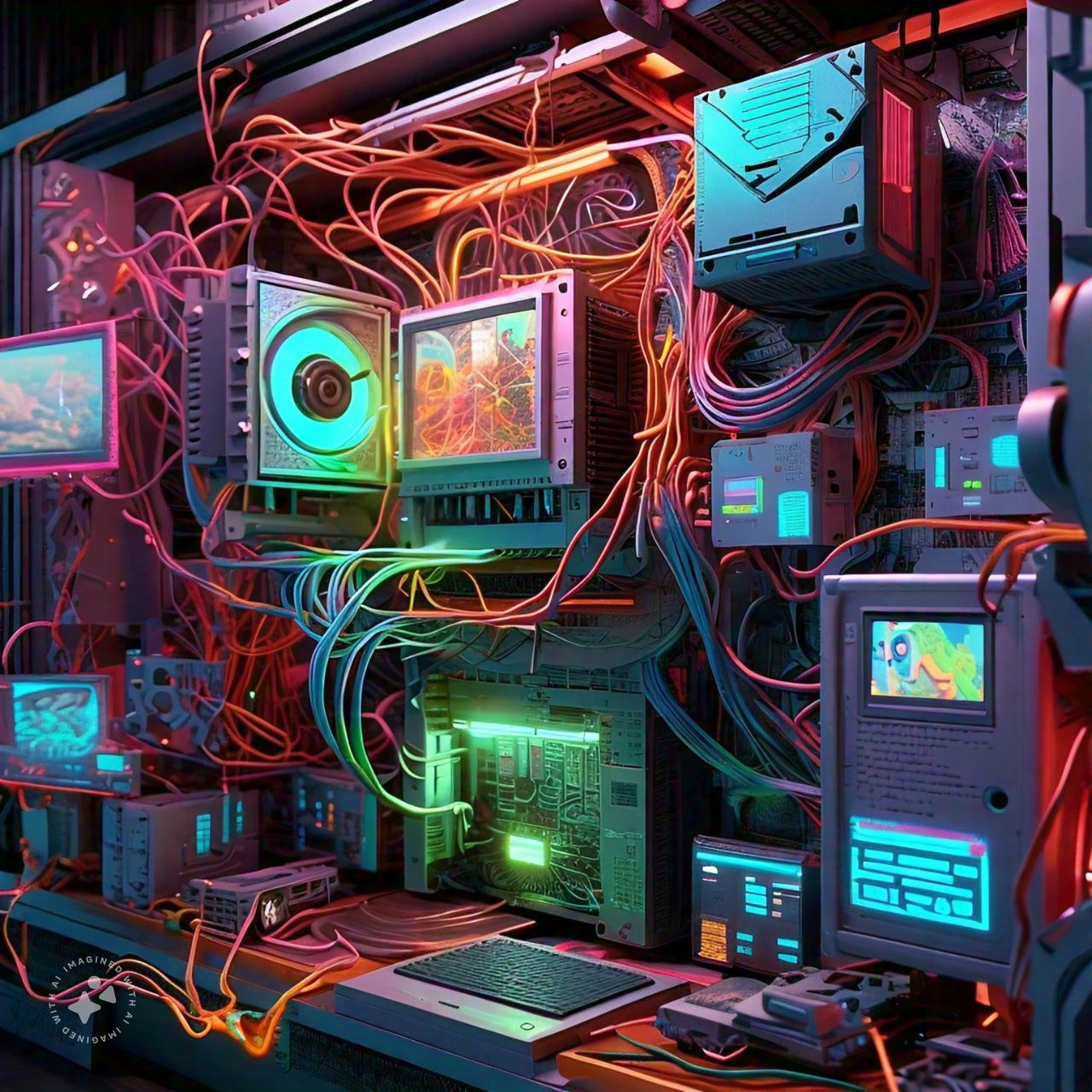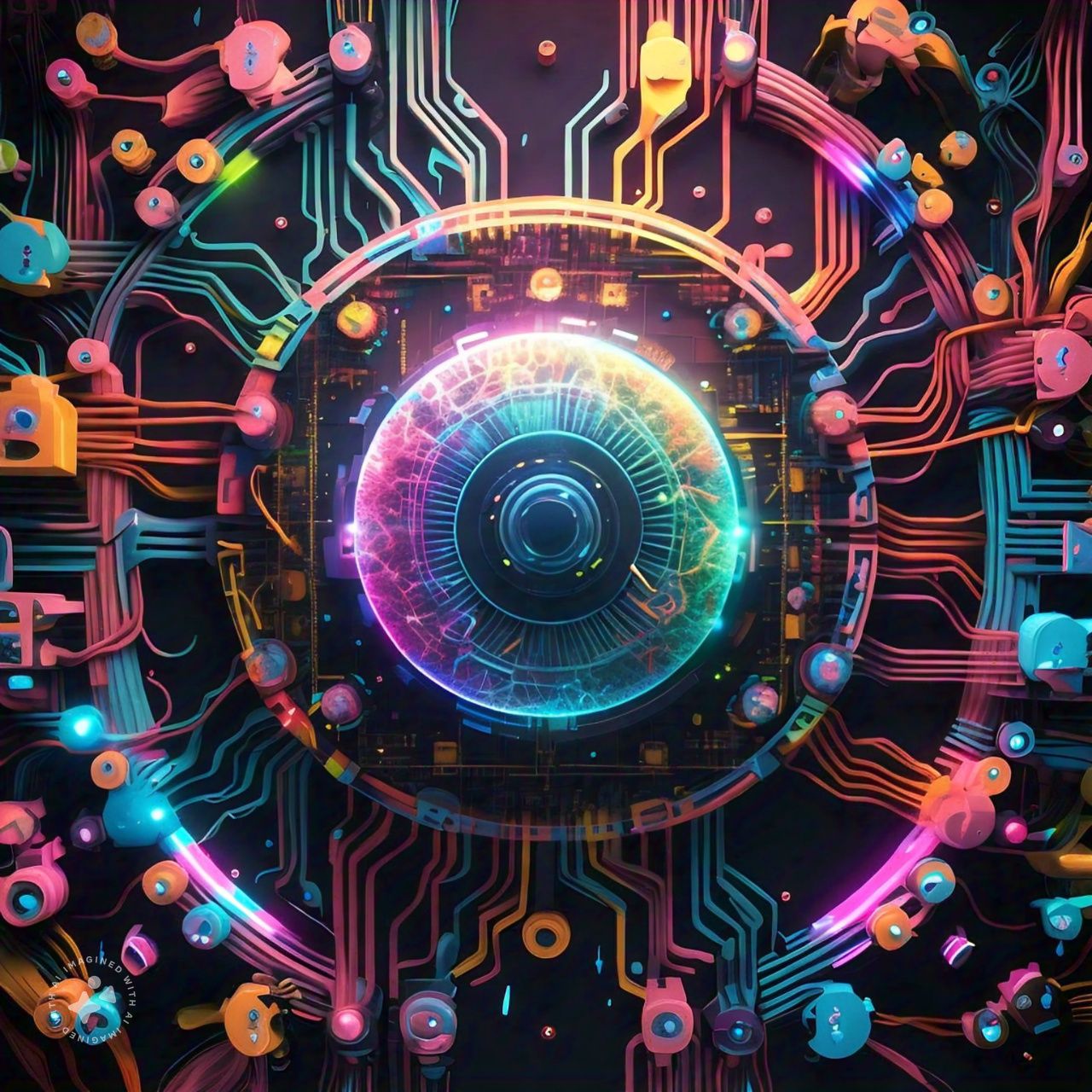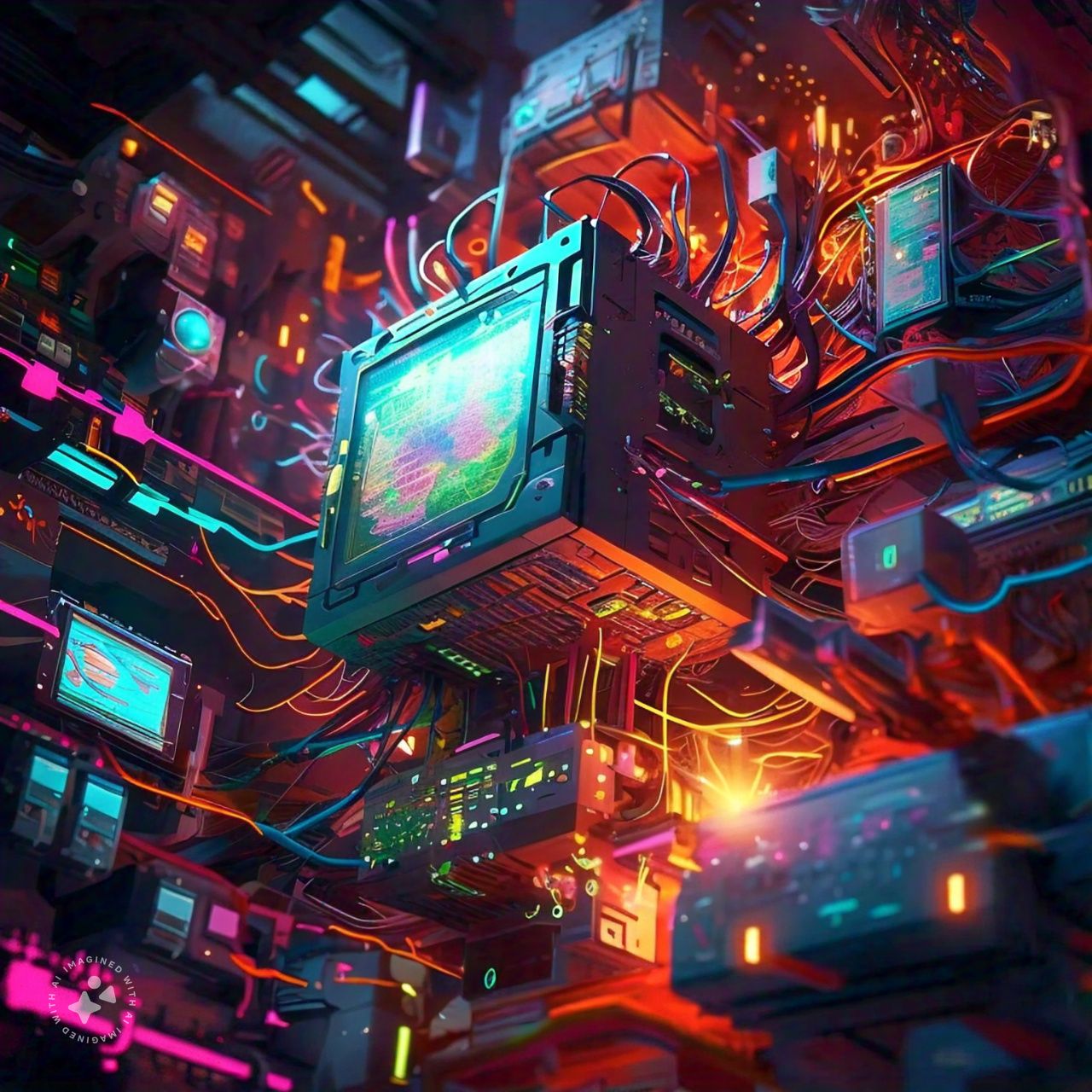In the 21st century, the digital realm has become a pivotal arena for shaping political landscapes. The concept of the “Internet Zone” encompasses the vast and intricate network of digital platforms, social media, and online communication tools that influence political discourse and decision-making. This article delves into how the Internet Zone has revolutionized modern politics, its impact on political engagement, its role in shaping public opinion, and the challenges it presents to democratic processes.
The Evolution of Political Communication
Historically, political communication was dominated by traditional media—newspapers, radio, and television. These channels controlled the flow of information and largely determined the political narratives consumed by the public. However, the advent of the Internet has democratized information dissemination, shifting the power dynamics in political communication.
The rise of the Internet Zone has enabled a more immediate and widespread distribution of political content. Social media platforms like Twitter, Facebook, and Instagram allow politicians, activists, and ordinary citizens to share their views and mobilize support with unprecedented speed. The interactive nature of these platforms has transformed passive consumption into active participation, giving individuals a direct voice in political discourse.
The Role of Social Media in Political Engagement
Social media has become a central component of modern political campaigns and activism. Political candidates use these platforms to reach voters, share their messages, and engage with constituents on a personal level. Social media’s real-time nature allows for rapid responses to current events, creating a dynamic environment where political discourse is constantly evolving.
For instance, during the 2008 U.S. presidential election, Barack Obama’s campaign effectively harnessed the power of social media to mobilize voters, fundraise, and build a grassroots network. The success of this approach marked a significant shift in how political campaigns are conducted, setting a precedent for future elections.
Furthermore, social media has facilitated the rise of grassroots movements and online activism. Hashtags like #MeToo and #BlackLivesMatter have gained global traction, highlighting social and political issues and driving real-world change. The Internet Zone has thus become a crucial space for advocating for social justice and influencing policy discussions.
Shaping Public Opinion and Misinformation
While the Internet Zone has empowered political participation, it has also introduced new challenges. One of the most significant issues is the spread of misinformation and disinformation. The same platforms that allow for the rapid dissemination of information also enable the spread of falsehoods, which can distort public perception and influence political outcomes.
Misinformation campaigns, often driven by malicious actors or partisan interests, can undermine democratic processes by eroding trust in institutions and spreading confusion among voters. For example, during the 2016 U.S. presidential election, there were numerous reports of fake news stories being circulated on social media, which many argue contributed to the polarization of the electorate.
Combatting misinformation requires a multifaceted approach, including media literacy education, fact-checking initiatives, and regulatory measures. Social media platforms themselves are increasingly investing in tools to identify and address false information, but the effectiveness of these measures remains a subject of debate.
The Internet Zone and Political Polarization
Another critical issue arising from the Internet Zone is the phenomenon of political polarization. Online platforms can create echo chambers where users are exposed primarily to information that reinforces their existing beliefs. This can lead to increased division and a reduction in civil discourse, as individuals become more entrenched in their viewpoints and less open to alternative perspectives.
Algorithm-driven content feeds on platforms like Facebook and Twitter often prioritize sensational and emotionally charged content, which can exacerbate polarization by amplifying divisive narratives. As users engage with content that aligns with their beliefs, they may become more isolated from differing viewpoints, further entrenching societal divisions.
Addressing polarization requires efforts to foster constructive dialogue and encourage exposure to diverse perspectives. Some initiatives aim to redesign algorithms to prioritize accurate and balanced information, while others focus on creating spaces for respectful and inclusive discussions.
Cybersecurity and Election Integrity
The Internet Zone also raises concerns about cybersecurity and the integrity of elections. As political campaigns and election processes become increasingly digital, they become vulnerable to cyberattacks and interference. For example, state-sponsored hacking attempts and data breaches can compromise sensitive information and disrupt electoral processes.
Ensuring the security of digital election infrastructure is crucial for maintaining democratic integrity. This involves implementing robust cybersecurity measures, safeguarding voter data, and protecting election systems from external threats. Governments and organizations must collaborate to develop and enforce standards that safeguard the digital aspects of electoral processes.
The Future of the Internet Zone in Politics
Looking ahead, the Internet Zone will continue to play a central role in shaping political landscapes. Emerging technologies such as artificial intelligence, blockchain, and virtual reality are likely to further transform political communication and engagement.
Artificial intelligence, for example, could enhance campaign strategies through data analysis and targeted messaging, while blockchain technology might offer new ways to ensure election transparency and security. Virtual reality could provide immersive experiences for political engagement and activism.
However, these advancements also come with new challenges. The ethical implications of AI-driven political manipulation, the potential for blockchain vulnerabilities, and the risks associated with virtual reality environments must be carefully considered and addressed.
Conclusion
The Internet Zone has fundamentally altered the way politics is conducted, providing new opportunities for engagement, communication, and activism. However, it has also introduced significant challenges, including the spread of misinformation, political polarization, and cybersecurity threats. As digital technologies continue to evolve, it is crucial for policymakers, technologists, and citizens to work together to navigate these challenges and harness the potential of the Internet Zone to support democratic processes and enhance political participation. The ongoing evolution of the digital landscape will undoubtedly shape the future of politics in ways we are just beginning to understand.



